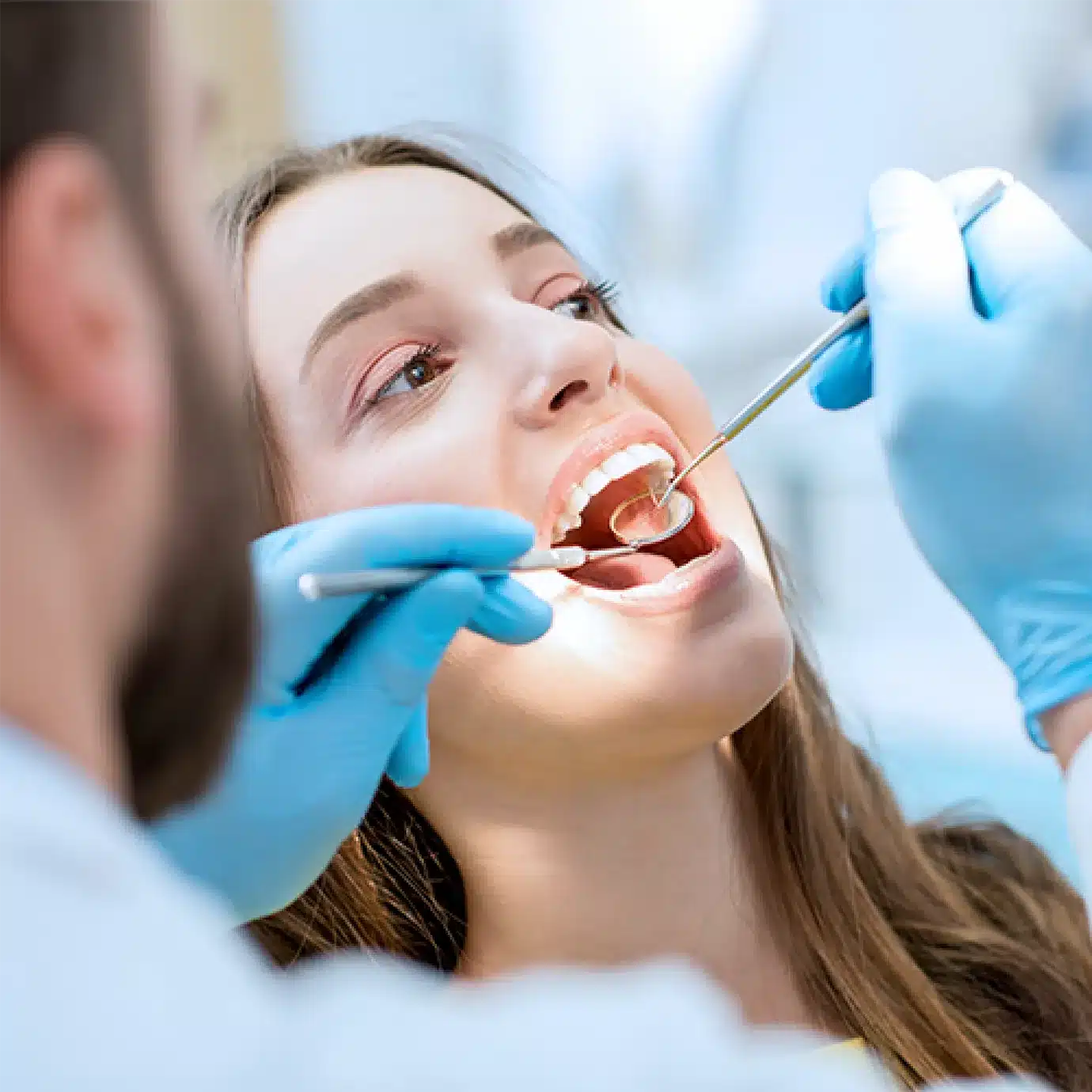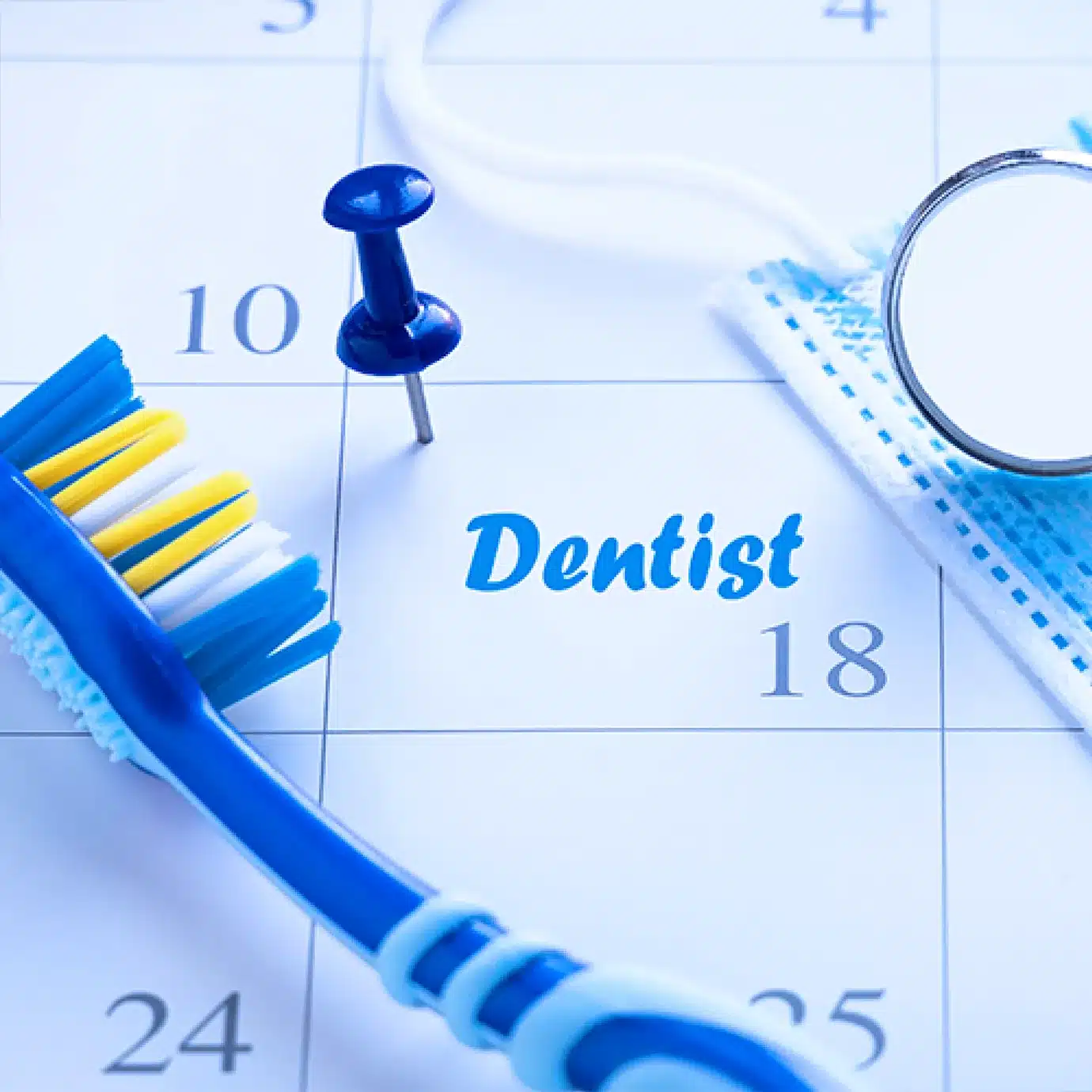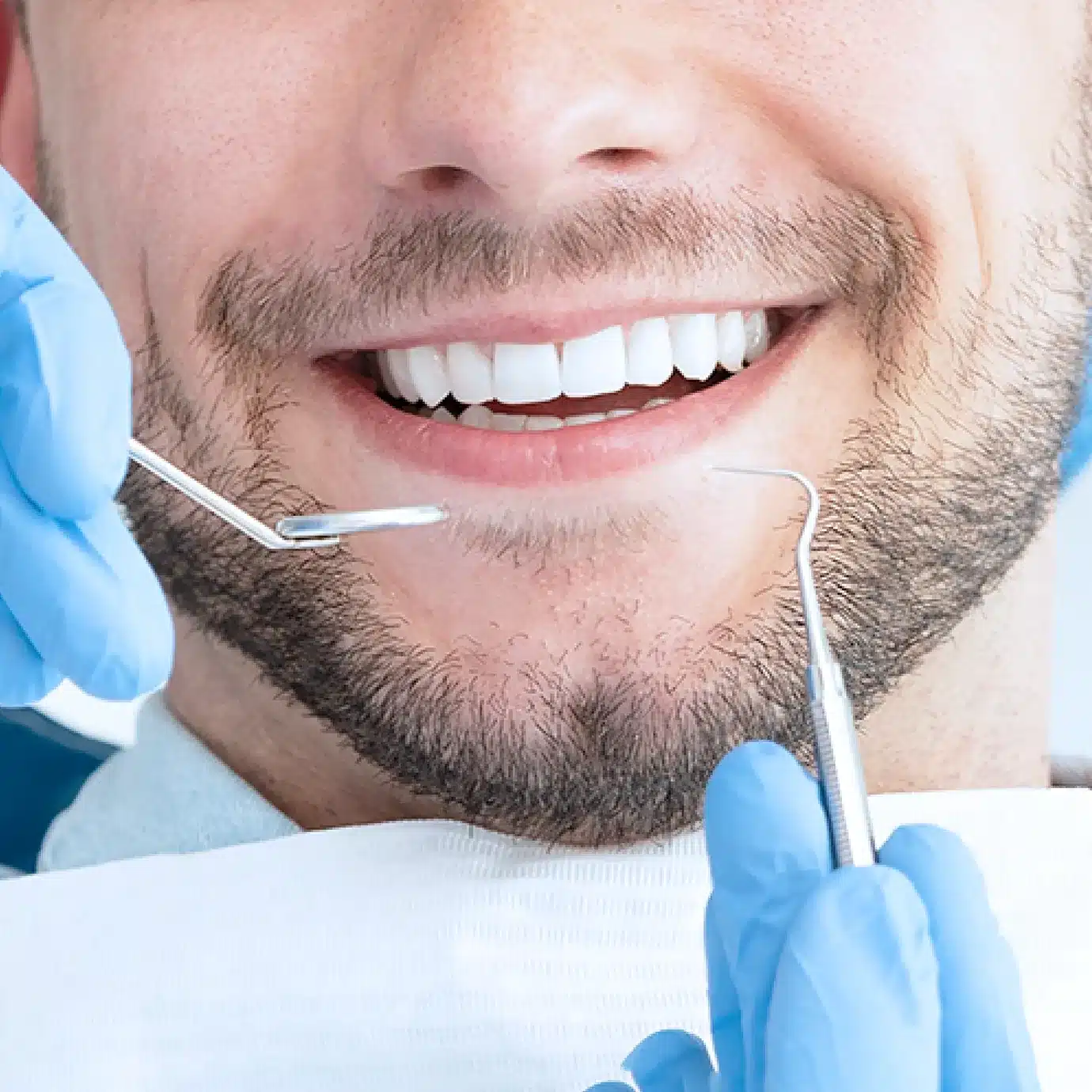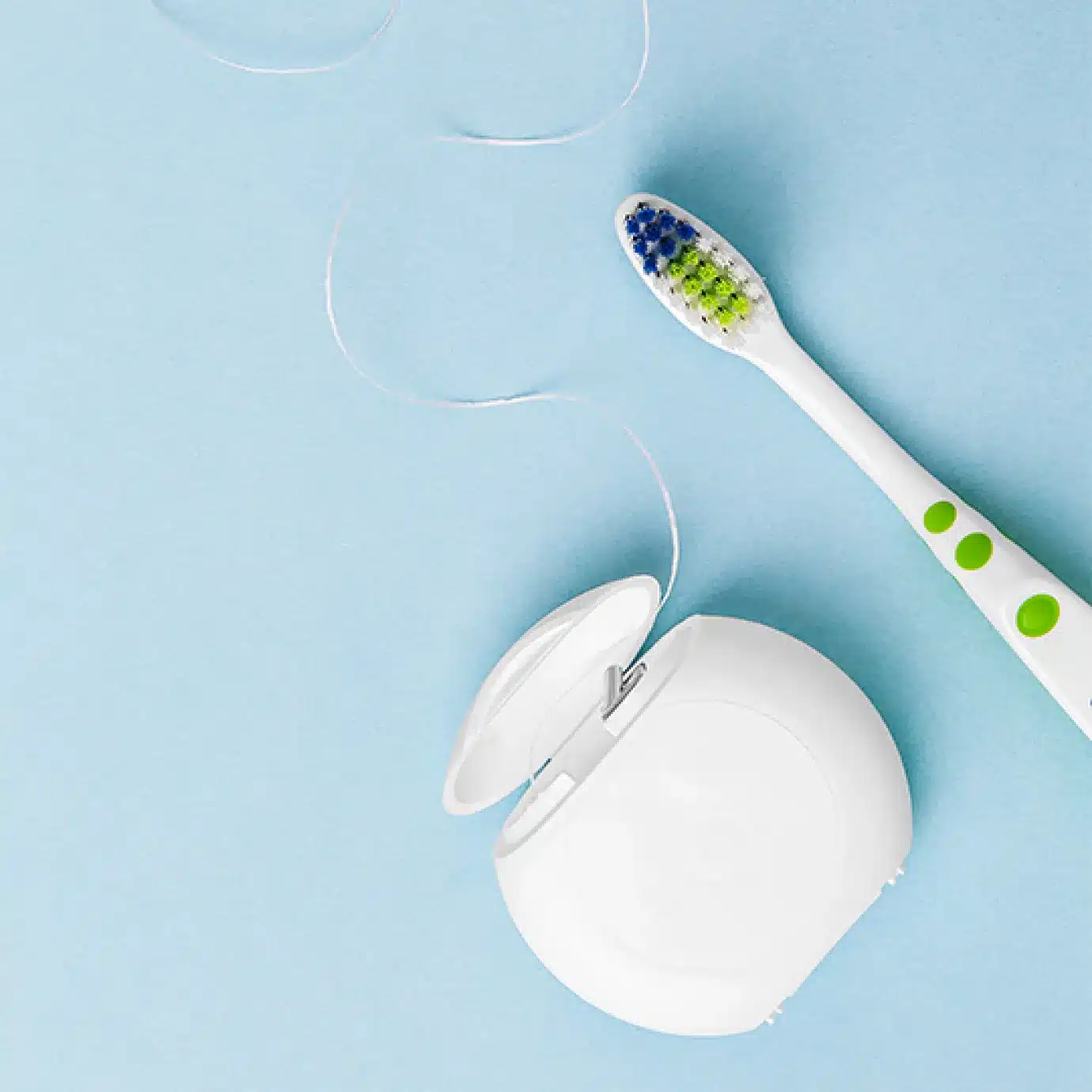We’re delighted to offer our patients a fantastic opportunity to receive the healthy white smile you’ve always dreamt of at an amazing price! The offers include Dental check-up, dental hygiene, and professional whitening:
- £180 for Dental Check-up + Small X-rays + Scale & Polish*
- £685 for Dental Check–up + Small X-rays + ENLIGHTEN Combination Teeth Whitening + Scale & Polish*
With Enlighten’s guaranteed results, you can achieve a healthy smile with teeth up to 16 shades lighter!
* Offer valid for patients who regularly attends for scale and polish 6 monthly or annually. Hygiene session for 20 mins.




